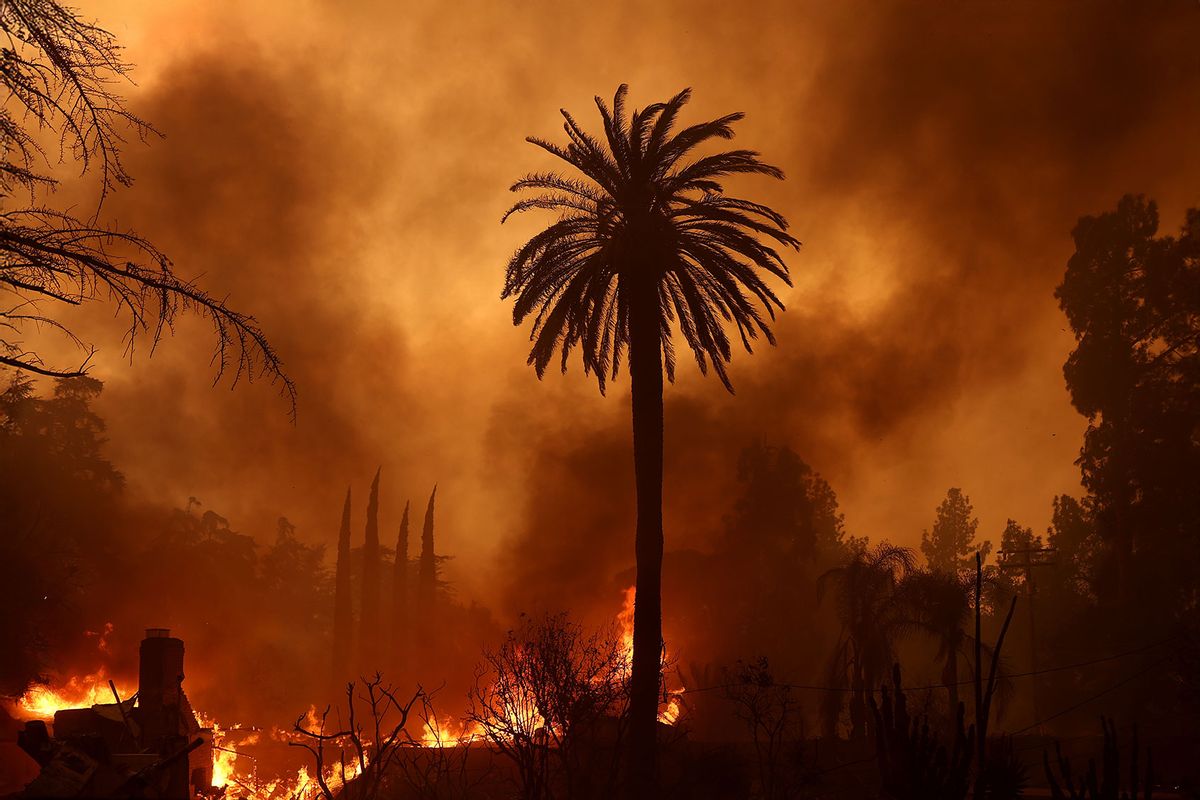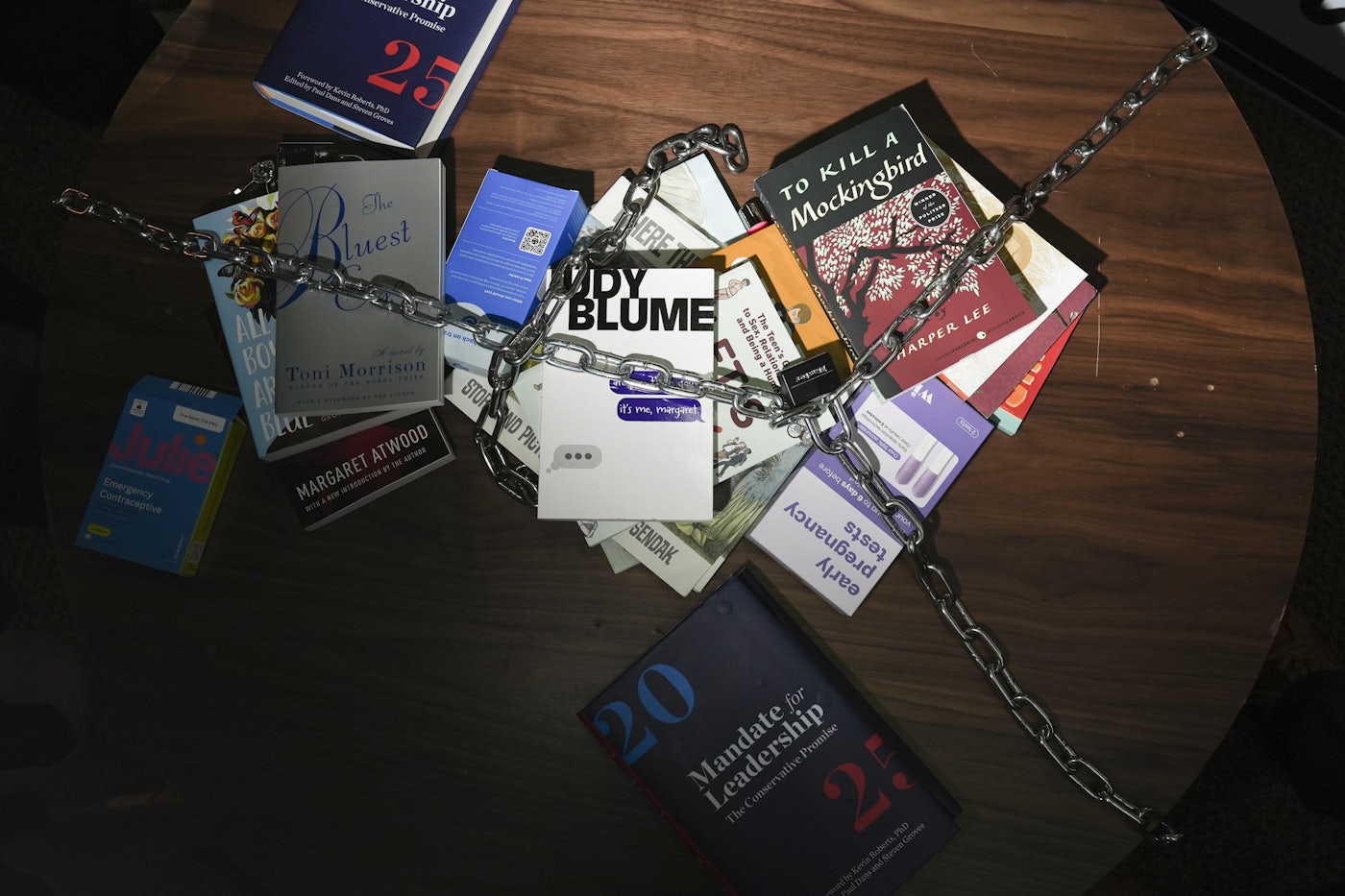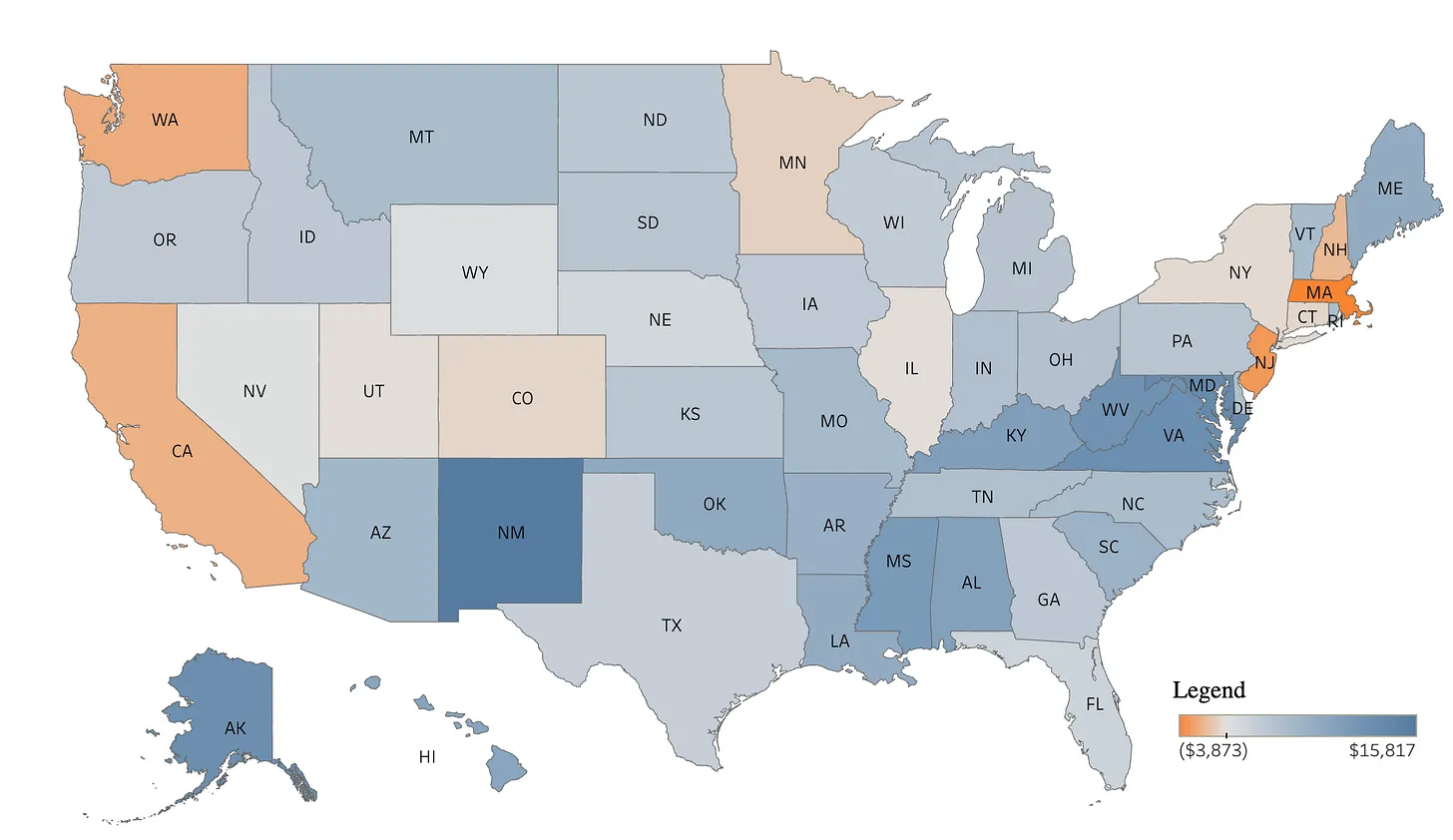Yesterday I had an item and some comments about how the inability of many people to recognize existential dangers like climate change may in fact doom the species. (And explain the Fermi Paradox.) Too many people live in fantasy cultural and religious bubbles, focused on near-term thinking and resistant to understanding evidence of the world, and how the world is changing. Gradually, they may die out, leaving the world to those who *can* understand and adjust accordingly. Those will be the progressives and ‘globalists’ that the conservatives despise. Or, the conservatives will resist taking any action against such threats, turning every try into petty partisan bickering, and bring all of us down with them.

Salon, Brian Karem, 13 Jan 2025: The LA conflagration: It is now painfully clear what matters, subtitled “The wildfires in Los Angeles are a harbinger of our doom — yet ultimately leave me with hope”
The writer starts with a personal angle.
The helicopter blades beat through the smoldering air no more than a couple hundred feet above my head. At ground level, the scent of fire brings back memories of fire pits I’d seen at “Cement City” during the Gulf War. As the helicopter passes overhead on the way to the nearby fire, my middle son, his wife, their son and daughter, hurry to pack the car and leave their home near West Hills, California, after the outbreak of the Kenneth Fire. Neighbors pack up and move out as well. Traffic in the area is at a standstill.
Then moves on to the larger picture of the SoCal fires, reactions to them, and cautious reassurances from the mayor.
That has not stopped idle speculation that the Palisades had been targeted by arsonists to bring down the area’s richest neighborhoods, or that angry arsonists had started all the fires. Rumors are thick and furious, with some claiming they saw undocumented immigrants with blow torches, and even President-elect Donald Trump claiming that Governor Gavin Newsom is somehow omnipotent, or an arsonist, and is responsible for the fires.
“It’s too perfect. It’s like someone’s following a script,” Tony, a baseball coach at a local community college, told me. “It’s too much of a coincidence, fires don’t just start like that spontaneously.” Actually, they can and do.
Here’s an example of the mindset that suspects that anything unusual, not immediately understood, must be a conspiracy. (Like the guy who couldn’t believe that the fires would burn structures to the ground while leaving live trees only singed. They can and they do; his photos were evidence.)
Officials with the Los Angeles Department of Power and Water said hurricane-force winds, combined with electric wires and swaying trees produced more than two dozen disruptions of the power grid in the Palisades last Monday when the fires began. “Never ascribe to conspiracy what can be explained by reality and facts,” I was told.
And he discusses Trump and Carter. Then:
The fires in LA this week have highlighted the best and the worst of us. How little do you think of yourself and other people to walk through a disaster zone and steal from people who’ve lost their homes and perhaps loved ones? Then again, you can be brought to tears watching ordinary citizens of different races, creeds, political persuasions and religions join with police and firefighters, including currently incarcerated inmates, to help people they don’t know.
And Mel Gibson. And the big picture:
Make no mistake; this was a natural disaster. But there is a huge human component. It wasn’t Gavin Newsom’s fault. It isn’t Joe Biden’s and it isn’t Donald Trump’s. It is the industrial revolution that led to climate change, the oligarchs who do not care if in pursuit of fistfuls of sweaty cash they rape the planet and the average person who denies the science and reality. Climate extremes which include stronger hurricanes, more intense winter and summer storms, horrifying wildfires, droughts and floods were all predicted 30 years ago by scientists. Some of the results have come later than predicted and some sooner than predicted.
He goes on about how you don’t need conspiracy theories to explain looters and suspected arsonists. Key point:
Thus, the fires in Los Angeles are a harbinger of our own doom on this planet if we do not learn to work together. As it turns out humans are the existential threat to humanity. Our inability to work together will ultimately be our undoing, and the fires in Los Angeles remind us that politics as usual doesn’t fly when the flames are that high. No lives matter. The Universe doesn’t care about us. But we should care about all of us.
As I said. What was here about hope again? This:
President Joe Biden showing up and vowing to help definitely mattered. You could tell he was moved by what he saw. His speeches didn’t matter. It was the action. Donald Trump’s speeches don’t matter. His actions will, and here is where I truly hope he learns from the past — if he is capable of doing so. I have hope, but it is tempered by reality — Donald Trump doesn’t care.
No, Trump and his MAGA fans and conservatives in general seem incapable of learning from the past. They even deny the idea of learning, since all the important truths were identified in the distant past, by the prophets, or Jesus, or the Founders. As I’ve been saying. Thus.
\\\
And this is part of the inherent flaw of human nature. It prioritizes tribal solidarity, which involves commitment to tribal values and myths, and therefore demonizes outsiders and discourages any behavior that would undermine those values and myths. This is why conservatives resist critical thinking. (And ban books that would expose children to other ways of thinking, as the photo suggests.)

TNR, J. Dylan Sandifer, 13 Jan 2025: Why the Christian Right Demonizes Discourse, subtitled “Their toxic fear of ideas is shaping the modern censorship movement.”
Here again the writer begins with a personal angle. A window into a bizarre world of inbred thinking.
Growing up in the evangelical church in the piney woods of east Texas, the world felt circumscribed by an ever-present fear—not just of sin but of ideas that might challenge the worldview handed down to those of us in the pews. Everything outside the Christian framework—including secular music, television, and books—was discouraged. Just as I signed multiple purity pledges throughout my preteen and teen years, promising to avoid not just sex but even impure thoughts, we were taught to practice absolute abstinence from dangerous ideas. Not that those dangerous ideas necessarily always came from the annals of great historical thinkers or even figures from the contemporary political climate. As it happens, the most famous of these examples was a widespread prohibition on Harry Potter. To read about witches and wizards, I was told, was to open oneself to the occult and risk spiritual ruin.
This concept of heterodoxy isn’t simply that these works contain themes or ideas counter to Christian teaching; the central belief about ideas is that they are akin to demonic possession, much like the New Testament accounts we heard in Sunday school. This belief—that ideas themselves have a unique, uncontested power to infiltrate and corrupt our minds and souls—reflects the fundamentalist evangelical worldview, one deeply skeptical of intellectual engagement and critical thinking. Rather than the notion that ideas can be critically analyzed and either accepted or rejected, it held that dangerous ideas can indoctrinate and possess you if you are merely exposed to them. To read a book or discuss a theory, in this worldview, is not to exercise one’s intellectual faculties but to risk being overtaken by a seductive, malevolent force with no hope of resistance.
This strikes me as a deeply superstitious and demon-haunted worldview. Of a species that is having great difficulty learning how to engage with the real world. And derived, again, from the tribalist nature of primitive human nature. It will never go away. Until, possibly, reliance on this worldview cripples humanity’s reaction to existential threats like climate change, and we all go away.
A couple more paras:
Common in evangelical theology is the concept of spiritual warfare: the idea that Satan and/or other demons are ever-present entities seeking to corrupt and destroy humans—especially the faithful. To resist succumbing to these forces requires constant vigilance and protection through prayer and strict adherence to the evangelical interpretation of biblical teachings. In this worldview, demonic possession or influence mirrors the evangelical concept of ideological corruption; both presume human weakness and vulnerability to external forces that can only be resisted through complete avoidance and submission to religious authority. Just as corrupting forces can enter through seemingly innocuous sources, such as reading, music, or even yoga, dangerous ideas can infiltrate through educational, political, and cultural discourse.
This framework rests on a central belief in human moral weakness that has been present in Christian theology since at least Augustine. For him, humans are naturally depraved and thoroughly corrupted by original sin. If humans are inherently sinful and malleable to any influence, then exposure to challenging ideas—those not central to the evangelical worldview—becomes dangerous. This theology becomes a self-fulfilling prophecy: Because humans are weak and must accept only the orthodoxy of their scriptures or church leaders, they never develop the critical thinking skills that might strengthen their intellectual facilities or their resistance to indoctrination. Christian theology and secular ideas can be, and are, reconciled by many. Despite his somewhat pessimistic view of humanity, even Augustine actually encouraged intellectual engagement and reason. He argued that Christians should study secular knowledge and philosophy, viewing them as tools that could be used in service of understanding divine truth.
This is all nonsense, given the modern understanding of psychology, the mind, and also of other cultures, which have extremely different takes on the nature of humans and what it would take to “fix” them. (See my take on Stephen Prothero’s GOD IS NOT ONE.) A common thread of prescriptions like this one is their insularity. They don’t know much about the rest of the world.
\\\\
Paul Krugman, retired as a columnist for the New York Times, now has his own Substack, called Krugman wonks out. Here’s today’s piece.

Paul Krugman, 13 Jan 2025: In Praise of California, subtitled “It has its flaws — what place doesn’t? — but it plays a big role in America’s greatness”
One of the unwritten rules of American politics is that it’s OK to sneer at and smear our big cities and the people who live in them, while it’s an outrageous act of disrespect to suggest that there’s anything wrong with the Heartland. And many people believe the smears; visitors to New York are often shocked to find that one of the safest places in America isn’t the hellscape they were told to expect.
These delusions of dystopia are sometimes funny, but they can have real consequences. As you read this, much of America’s second-largest city is an actual hellscape. But many politicians, from the president-elect on down, are showing zero sympathy, insisting that California — which in its own way gets trash-talked as much as New York —somehow brought this disaster on itself by being too liberal, too woke, or something. And this lack of sympathy may translate into refusal to provide adequate disaster aid.
California has its problems, yet.
California is nonetheless an economic and technological powerhouse; without it America would be a lot poorer and weaker than it is.
Most narrowly, at a time when Donald Trump is making nonsensical claims that America is subsidizing Canada via our bilateral trade deficit, California is literally subsidizing the rest of the United States, red states in particular, through the federal budget.
The Rockefeller Institute regularly calculates states’ balance of payments — the difference between the amount the federal government spends in a state and the amount the state pays in federal taxes. Here’s what per capita balances looked like in 2022, the most recent year available (blue means a state receives more than it gives, orange the reverse).
This is the map shown above.
California paid in a lot more than it got back — $83 billion in total. So did Washington state and much of the Northeast. Most red states were in the reverse position, getting much more from DC than they paid in return. And yes, it’s ironic that states that are so dependent on transfers from other states — if West Virginia were a country, it would in effect be receiving foreign aid equal to more than 20 percent of its GDP — vote overwhelmingly for politicians trying to eviscerate the programs they depend on.
Concluding:.
So how should we think about the disaster in Los Angeles? As far as I can tell, there’s nothing either the city or the state could have done to prevent it. There’s a good case to be made that we should never have allowed a huge metropolitan area to emerge in a place that was vulnerable to Santa Ana-fed firestorms even before climate change vastly increased the risks. And of course we should have begun acting to limit climate change decades ago.
But this is all hindsight, with no relevance to where we are now — which is that an American city and an American state desperately need all the help we can deliver. It shouldn’t matter whether they’ve earned it. If the United States of America doesn’t take care of its own citizens, wherever they live and whatever their politics, we should drop “United” from our name. As it happens, however, California — a major driver of U.S. prosperity and power — definitely has earned the right to receive help during a crisis.
Unfortunately, it looks all too possible that essential aid will be held up or come with onerous strings attached. If so, shame on everyone responsible.
And I note that this Krugman column ends with a musical coda, as I have done many times.
\\\
Do I have time to do this tonight? Sure. For two or three weeks now, I’m been immersed in the symphonies of Allan Pettersson. Here’s his most popular one.





